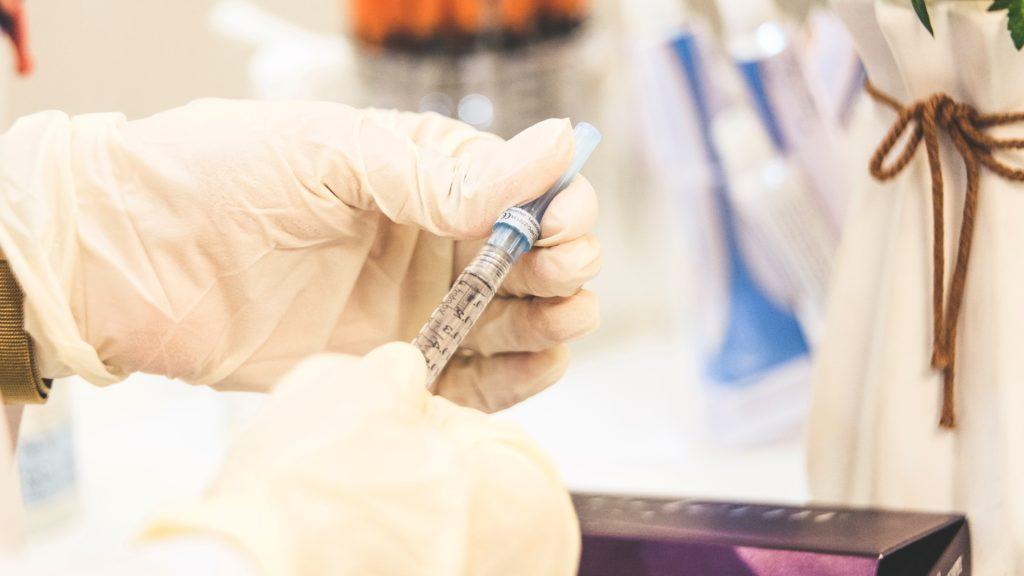The determinants of health shape the conditions in which we are born, grow, live, work, and age, and explain the unfair, systematic, and avoidable differences in health between groups of people: health inequalities. The social determinants of health include income security, social protection, education, food security, housing, early childhood development, social inclusion and non-discrimination, and access to affordable health services of decent quality. Moreover, a lower socioeconomic status is linked to lower health status – the social gradient of health – and health inequalities are connected to wider inequalities and forms of discrimination in society, such as racism, sexism, and economic disbalances.
In 2021, EPHA’s health inequalities advocacy work focussed on three main topics; it continued with its focus on two key population groups – vulnerable children and the Roma community – and addressed the still very concerning issue around vaccine equity; the unequal distribution of and access to COVID-19 vaccinations across countries and groups of people. Other topics covered are gender-based violence during COVID-19, structural inequalities and mental health, and the development of a guide on sustainable funding for civil society organisations.
Whether approaching health inequalities from the angle of a specific population group or a particular health issue, the focus is always on addressing the (multiple) underlying determinants of health and drivers of the inequalities. Across these three topics, the collaboration with key organisations and (policy) stakeholders with a shared ambition, has been a key ingredient for success.
Protecting Children

The 14th of June 2021 was a historic day for the protection of the rights of children growing up in poverty and social exclusion in the European Union. After years of negotiations, evidence-based advocacy, and hard work, the EU has established the European Child Guarantee. The EU Alliance for Investing in Children, of which EPHA is a member, has been advocating for the Child Guarantee for almost the last two years and was delighted to see that the Council of the EU have taken on board the majority of its recommendations. The work, however, is far from over and the adoption of the European Child Guarantee marks a new beginning: the national Child Guarantee Action Plans. By March 2022 the Member States’ governments need submit their national Action Plans to the European Commission and secure adequate resources for its implementation, as well as ensuring children themselves, particularly the most vulnerable are involved in the design, monitoring and evaluation of the Action Plans. The EU Alliance for Investing in Children has already published key recommendations for these national Action Plans to ensure the design of ambitious and comprehensive plans, taking into account the specific challenges of each Member State, and in meaningful consultation with relevant national stakeholders. The Alliance will keep monitoring the developments closely.
A related line of work running in parallel has been the First Years First Priorities Campaign, which is co-lead by Eurochild and the International Step By Step Association, with both EPHA and the Roma Education Fund as associate partners. The campaign pushes to ensure “a fair start for every child in Europe” with a focus on children from birth to 6 years and with a special attention to the first 1,000 days, particularly for the most vulnerable ones such as Roma and Traveller children, children with disabilities, migrant and refugee children, children at risk of entering, or in, alternative care, and those living in extreme poverty. In July 2021, the campaign published the results of a survey on the current state of early childhood development across nine European countries, identifying key challenges preventing a fair start for every child. A main contribution by EPHA this year, has been the joint Eurochild-EPHA organised webinar titled “Reducing inequalities from the first years of life: the role of Early Childhood Development”. The campaign will continue and expand its work and has secured funding until (at least) March 2024.









